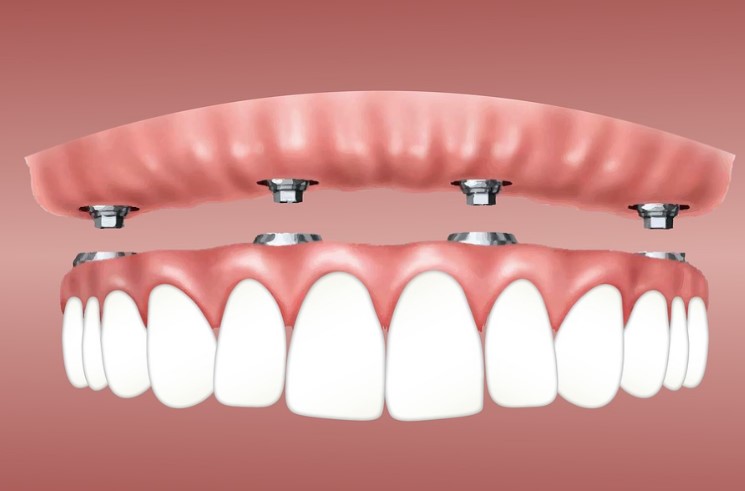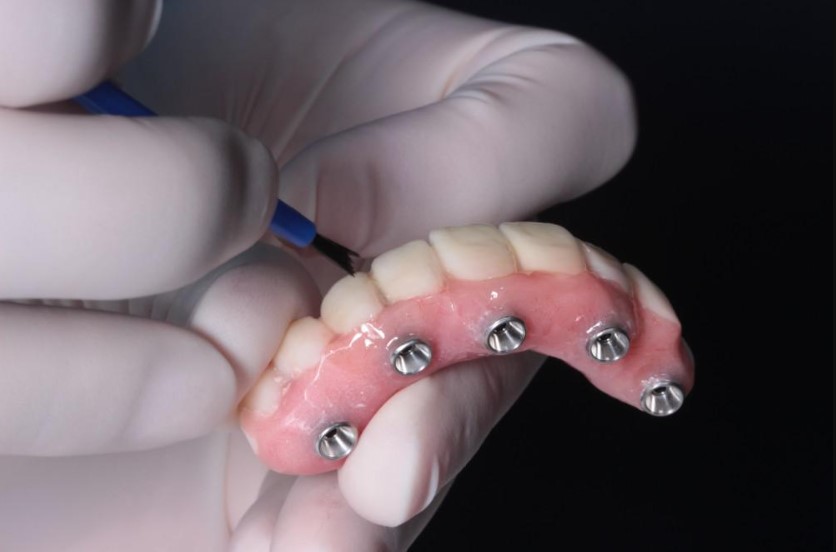How Much Do Dental Implants Cost? 7 Factors That Affect Their Price

Getting dental implants can be a great way to replace a missing tooth or teeth and restore your smile. However, one of the most common questions people have is how much do dental implants cost? The answer is not as straightforward as you may think. The cost of dental implants can vary depending on a number of factors. In this blog post, we’ll explore 7 factors that affect the dental implants cost in Melbourne so you can better understand the financial commitment.
1) The Number of Implants You Need
The number of implants that you need depends on how many teeth need to be replaced and how strong the patient’s jawbone is. Generally, the more implants you need, the higher the cost will be. Depending on your individual situation, the dentist may recommend one or two implants for each tooth that needs to be replaced.
The number of implants you need will also affect the type of restoration (e.g. crown, bridge, denture) you can use with your dental implant. Generally, more implants will give more stability to the restoration and provide better results overall.
2) The Condition of Your Jawbone
When considering how much dental implants in Melbourne will cost, one of the key factors to consider is the condition of your jawbone. If you’re a good candidate for dental implants, your jawbone should be strong and healthy enough to hold the implant in place. If it is not strong enough, then additional procedures may be required to prepare your jawbone to receive the implant. These additional procedures can include bone grafts or sinus lifts which can increase the overall cost of getting dental implants.
3) The Location of the Implant
The location of the dental implant plays a major role in determining its cost. Different geographical regions will have different prices for the same procedure due to variations in labour costs and the availability of materials. Generally, areas with higher costs of living also tend to have higher implant costs. It is best to do your research and ask your dentist about the expected cost of the procedure based on your geographical location.
4) The Materials Used
When it comes to dental implants in Melbourne, the materials used to construct them can greatly influence the final cost. Generally speaking, the higher the quality of material used, the more expensive the implant.
Titanium is the most common material used for dental implants and is considered to be the best for long-term use. It is strong, lightweight, and is compatible with the human body. Titanium implants can cost anywhere from a few hundred dollars to several thousand dollars. If you’re looking for a more affordable option, zirconia implants may be a good choice. They are strong and durable and offer a more natural look than titanium implants.
5) Whether You Need a Bone Graft
A bone graft may be necessary if there is not enough natural bone in your jaw for the implant to be securely attached. This can be due to injury, aging, or an illness like gum disease that causes bone loss in the jaw. While bone grafts can add significantly to the cost of dental implants, they are necessary to ensure that the implant is secure and able to withstand the force of chewing.
The type of material used in the graft will also affect the cost of your cheap dental implants Melbourne. Traditional bone grafts use real bone, but many dentists now use synthetic materials such as calcium phosphate. This can often reduce the cost of the procedure, although it may not be as strong as real bone.
6) The Experience of the Surgeon
When it comes to the cost of dental implants, the experience of the surgeon is a major factor. The more experience and skill the dentist has, the higher the cost of the implant will be. This is due to the fact that experienced surgeons typically have a better success rate with implant procedures, leading to a more expensive price tag.
7) Your Insurance Coverage
Some insurance companies may cover a portion of the cost for certain procedures, while others may not offer any coverage at all. Additionally, some insurers may impose a deductible or co-payment that could add to your out-of-pocket costs. Before undergoing any treatment, make sure to consult with your insurance provider and verify what type of coverage they will offer.
It’s important to understand all of your options before committing to a procedure. Knowing the full cost of your dental implants ahead of time can help ensure that you are able to afford them without financial strain.







